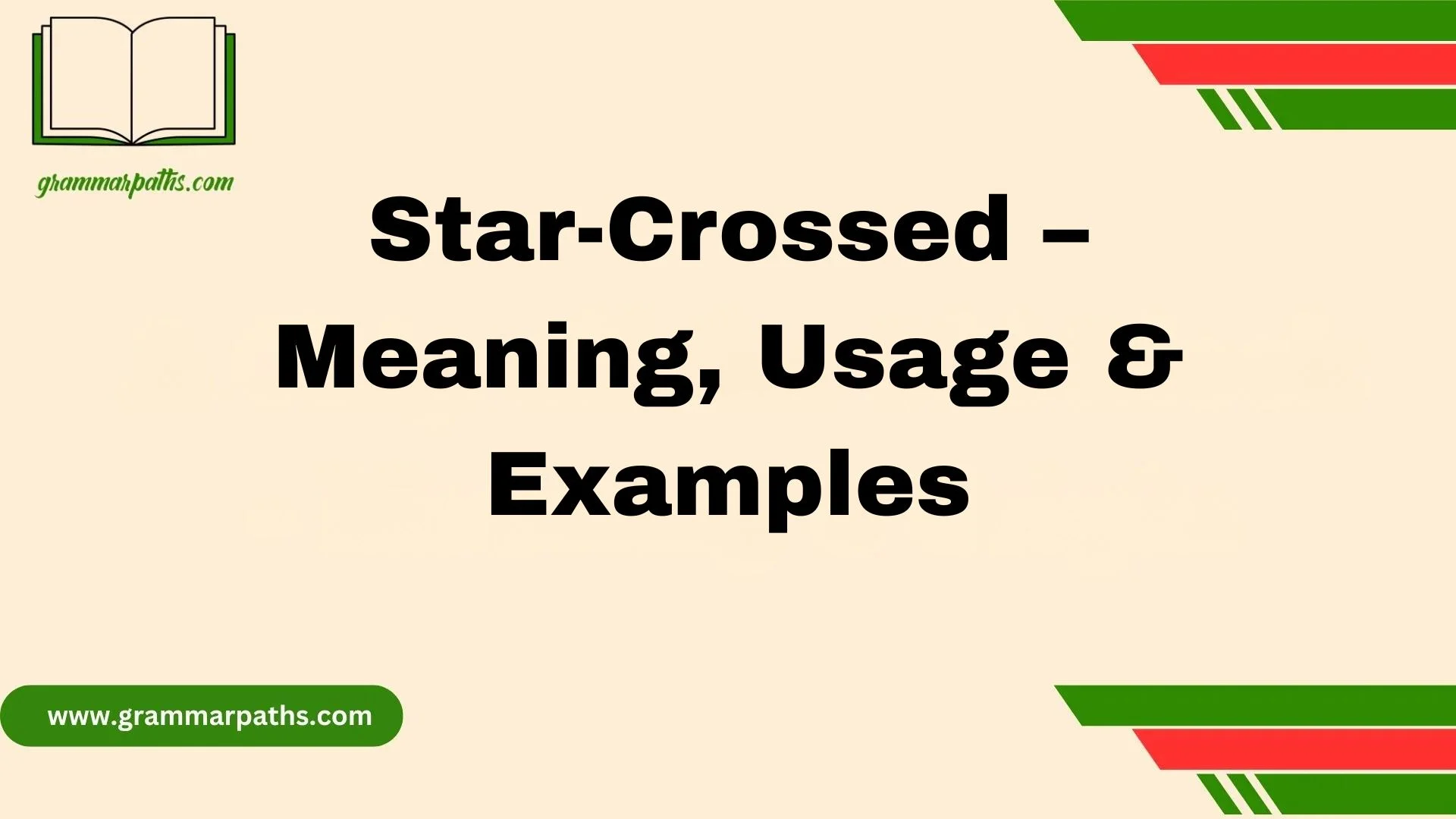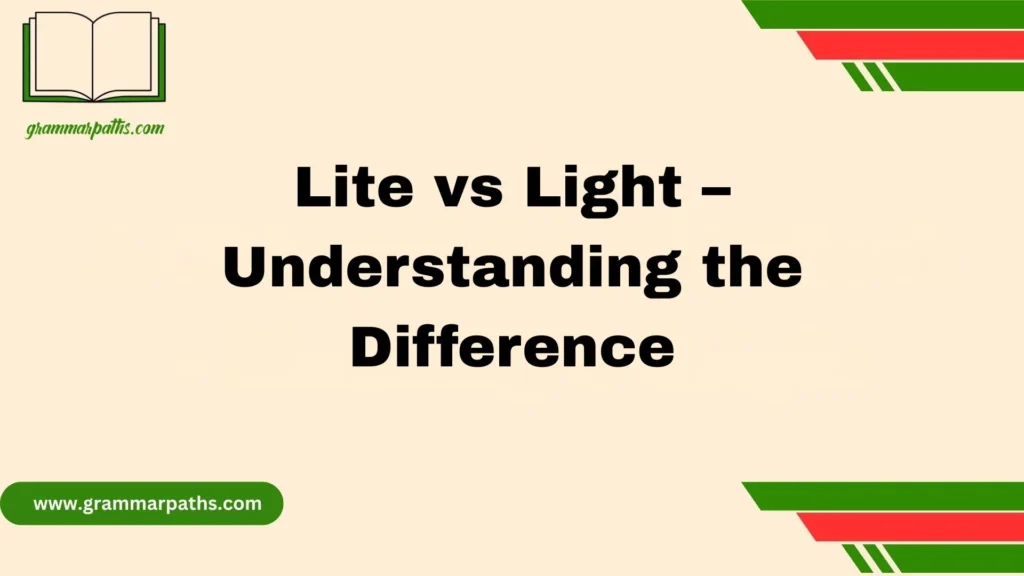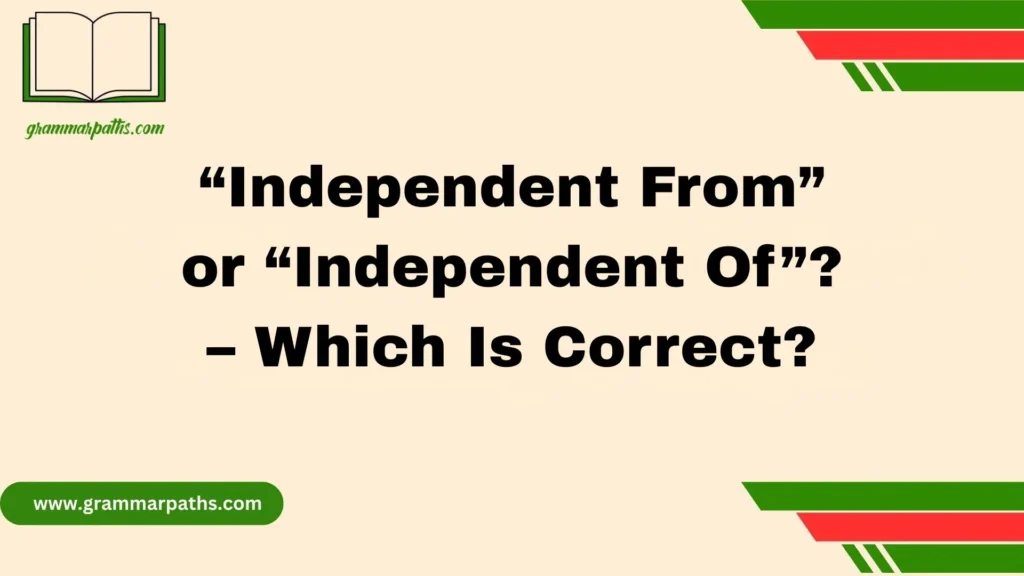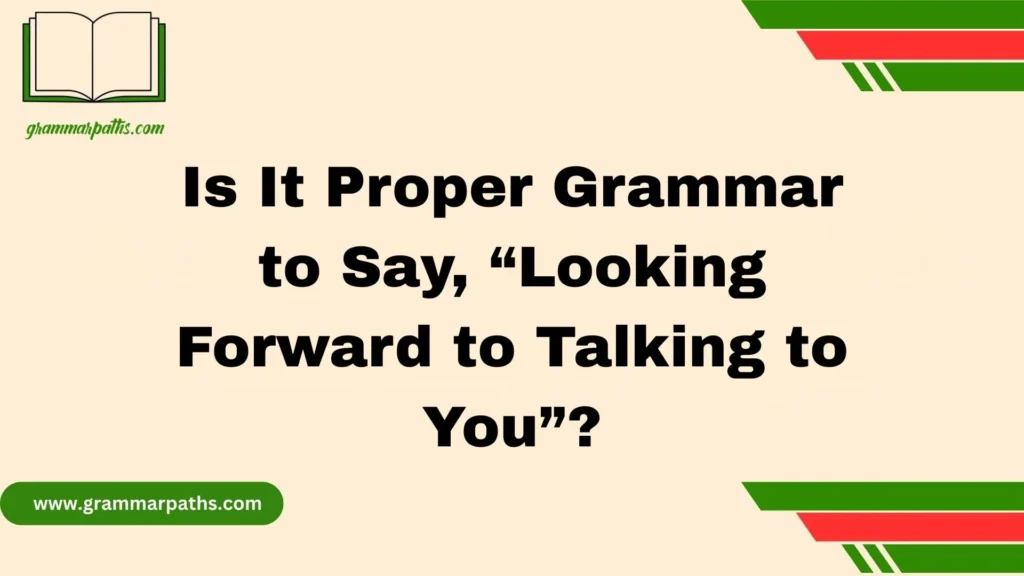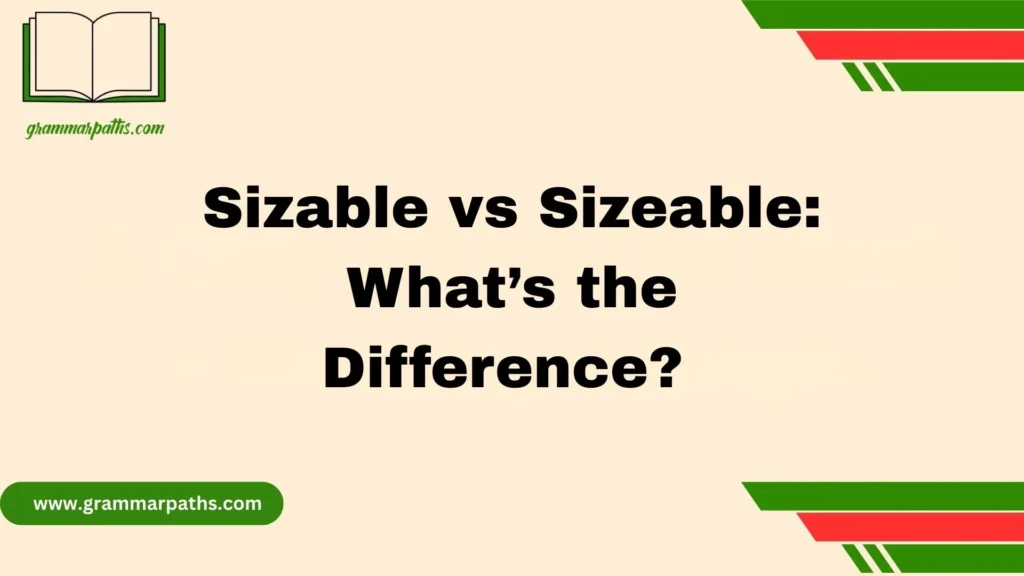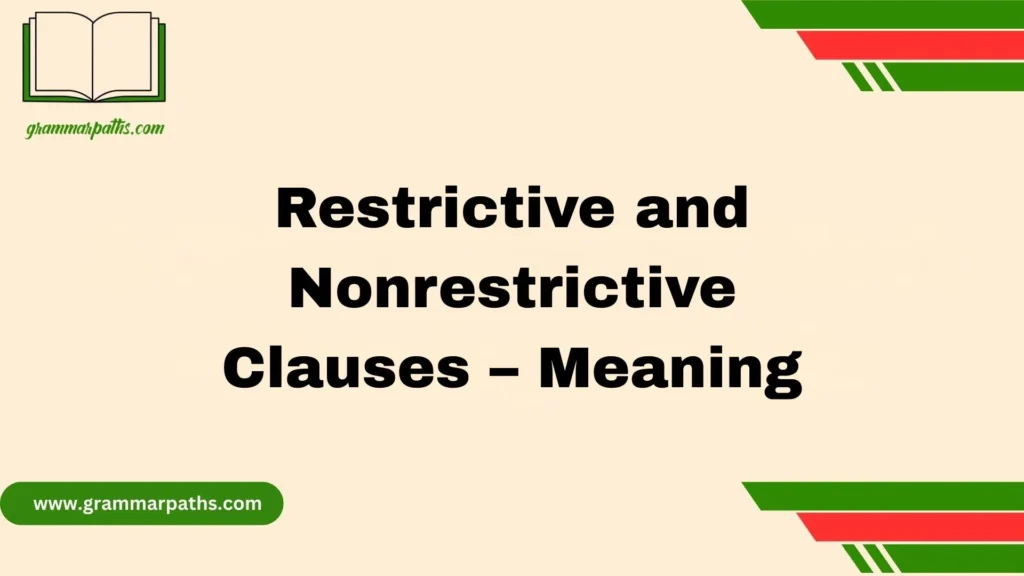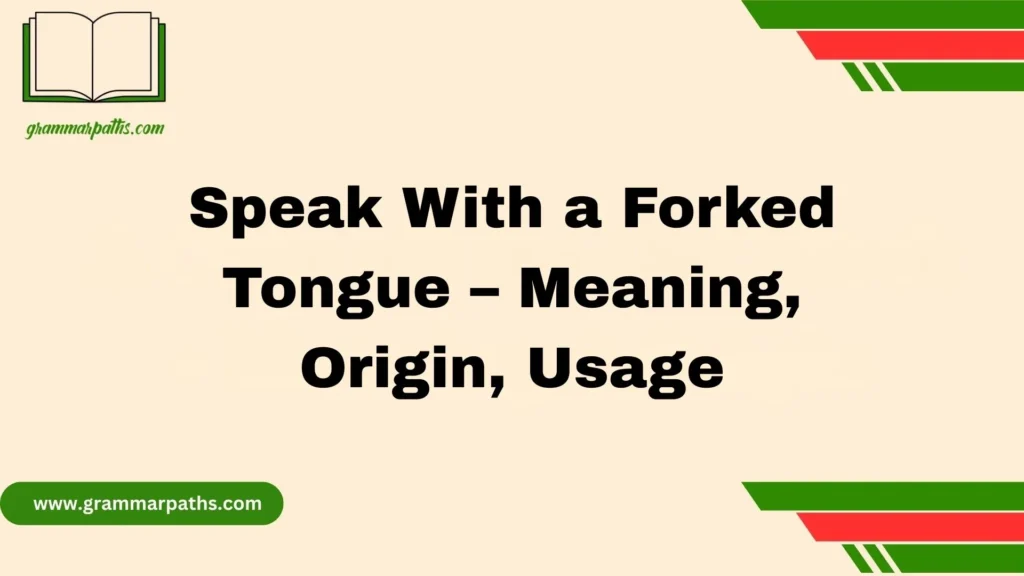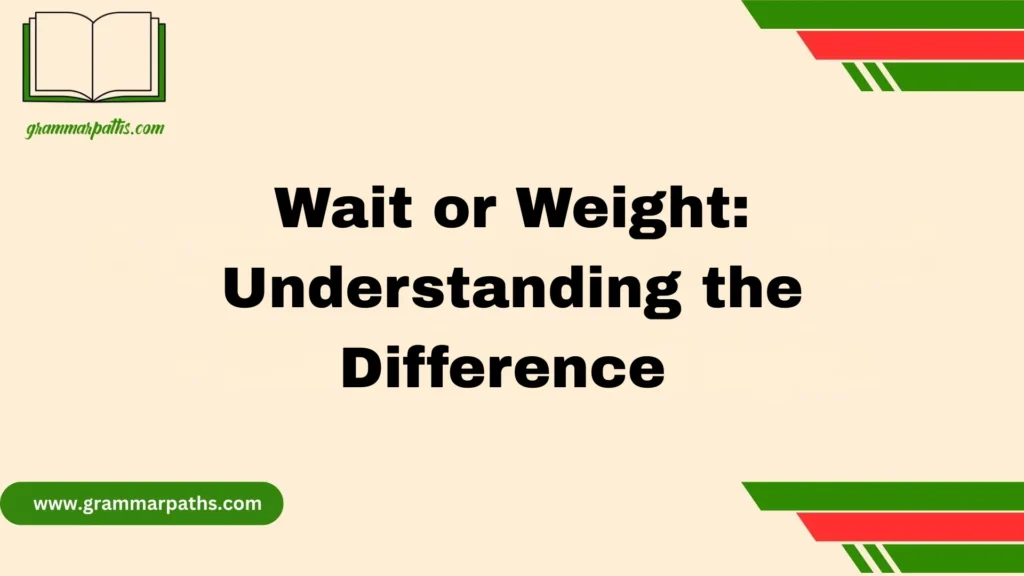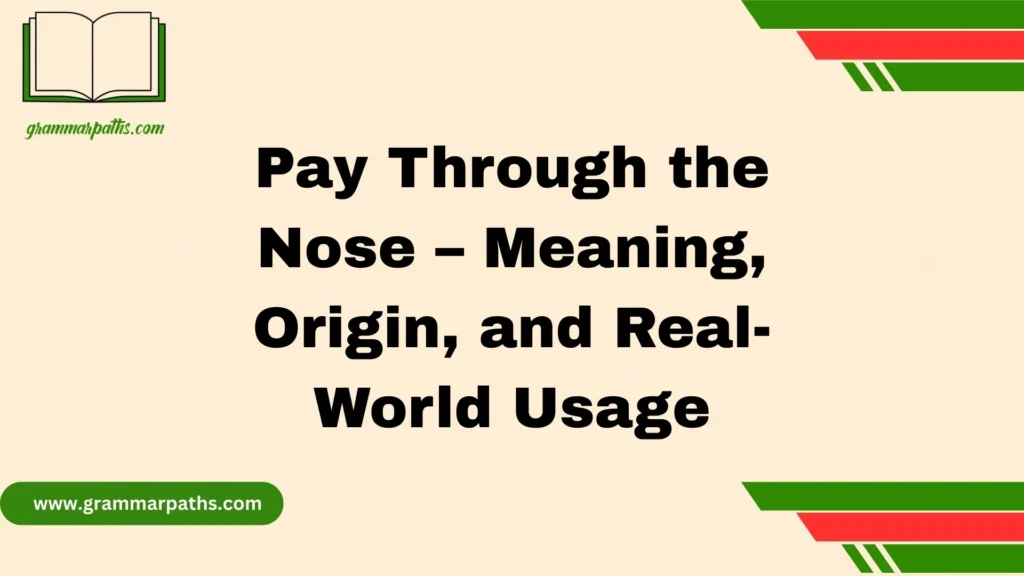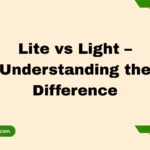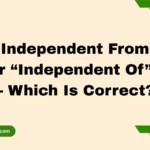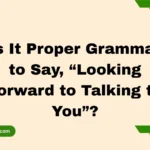I’ve seen how bad things can happen simply by chance, leaving even the most hopeful people unlucky. I remember a friend; she is truly one of the unluckiest people I’ve ever met. Such unfortunate souls, much like those who were lost during a voyage and later commemorated once the ship finally reached port, remind me of the hapless struggles of characters in stories. He’s always been a little helpless, almost a bumbler, yet when you think of star-crossed pairs, you behold a tale of two lovers, doomed to spend their lives apart. Such luckless endings echo the way a council member was caught in the middle of three major ethics investigations, torn like her colleagues facing impossible choices.
When I first studied literature, I discovered how love can be forced apart by circumstances and influences far outside anyone’s control. The phrase, once popularized by Shakespeare to describe the titular characters of his tragedy Romeo and Juliet, still lingers. Think of any high school couple starting college, and how they’re likely to feel in that first week—the same awkward adolescent romance, the same fragile life threads holding them together.
What Does “Star-Crossed” Mean?
At its core, “star-crossed” means ill-fated, doomed, or destined for failure due to forces beyond control. Most often, it describes romantic relationships, but it can also apply to friendships, business ventures, or even battles in history.
Key points about the meaning:
- Metaphorical: The “stars” represent destiny or cosmic forces.
- Negative outcome: A star-crossed situation rarely ends in success.
- Romantic focus: The phrase almost always points to love stories that can’t survive.
Here’s how “star-crossed” compares to similar expressions:
| Term | Meaning | Difference from “Star-Crossed” |
| Doomed | Bound to fail or end badly | More general, doesn’t imply fate |
| Ill-fated | Unlucky, unfortunate | Similar, but less poetic |
| Cursed | Doomed by supernatural or moral cause | Stronger sense of punishment |
| Unlucky in love | Bad luck in relationships | More casual, modern phrase |
So while you could say a couple was “doomed,” “star-crossed” adds a layer of romance, poetry, and cosmic inevitability.
Origins of the Term “Star-Crossed”
The first recorded use comes from William Shakespeare’s Romeo and Juliet (1597):
“From forth the fatal loins of these two foes,
A pair of star-cross’d lovers take their life.”
Here, Shakespeare used “star-cross’d” to describe Romeo and Juliet—two young lovers trapped by family rivalry and doomed by fate.
Why “star” and “crossed”?
- Star: In Elizabethan England, people believed stars controlled human destiny. Horoscopes, astrological charts, and planetary movements guided life decisions.
- Crossed: This meant hindered or blocked. A “crossed” path was one obstructed by obstacles.
Together, “star-crossed” meant a destiny blocked by the stars themselves—a poetic way of saying love was doomed from the start.
The Role of Fate and Astrology
In Shakespeare’s time, astrology was not entertainment; it was science and religion rolled into one. People believed celestial movements shaped human character, success, and even death.
Historical context:
- Kings employed astrologers for political decisions.
- Marriages were arranged according to horoscopes.
- Everyday life was thought to be influenced by the stars.
So when Shakespeare wrote about “star-cross’d lovers,” his audience didn’t see it as a metaphor alone. They felt the weight of cosmic destiny.
Even today, astrology still shapes how people view relationships. Terms like “zodiac compatibility” or phrases such as “Mercury retrograde ruined my date” echo the same belief: the stars control our love lives.
“Star-Crossed Lovers” in Literature and Culture
Shakespeare might have coined the phrase, but the idea of lovers doomed by fate is much older. From myths to epics, nearly every culture has a tale of star-crossed love.
Classic literary examples:
- Orpheus and Eurydice (Greek myth) – A love lost to the underworld when fate intervenes.
- Tristan and Isolde (Medieval legend) – Bound by love but doomed by politics and betrayal.
- Layla and Majnun (Persian poetry) – A story of forbidden love celebrated as the “Romeo and Juliet of the East.”
- Heathcliff and Catherine in Wuthering Heights – Their passion destroys them, yet their connection is eternal.
These stories show that “star-crossed” isn’t just English—it’s universal. Cultures across the globe recognize that love and tragedy often walk hand in hand.
Star-Crossed in Modern Media
The term has found new life in modern storytelling. Whether on screen, in music, or even in gaming, audiences remain captivated by the idea of doomed romance.
Movies
- Titanic – Jack and Rose’s love is cut short by disaster.
- The Fault in Our Stars – A literal play on the term, exploring illness and young love.
- Romeo + Juliet (1996) – A modern retelling that keeps the phrase alive.
Television
- Buffy and Angel (Buffy the Vampire Slayer) – A vampire slayer and a vampire can’t escape tragedy.
- Game of Thrones: Jon Snow and Ygritte’s love ends in betrayal and death.
- Grey’s Anatomy: Many couples meet “star-crossed” ends due to fate or timing.
Music
Musicians often draw from the poetry of the phrase:
- Kacey Musgraves released an album titled “Star-Crossed.”
- Lyrics in genres from pop to rock frequently use the term to capture doomed passion.
Video Games
- Final Fantasy VIII: Squall and Rinoa’s romance against destiny.
- Mass Effect: Players’ choices often lead to tragic love outcomes.
Across all these mediums, “star-crossed” functions as shorthand for romance + fate + heartbreak.
The Symbolism of “Star-Crossed” Relationships
Why do audiences love tragic love stories? Why do “star-crossed lovers” resonate so deeply?
Psychological appeal:
- Catharsis: Watching doomed love allows people to release emotions without living the pain themselves.
- Romantic idealism: Love so powerful that even fate can’t erase it feels meaningful.
- Conflict of free will vs. destiny: Audiences wrestle with the question—do we control our lives, or are we puppets of fate?
In short, star-crossed romances remind us of life’s fragility. They whisper that love matters precisely because it can be lost.
Real-Life References and Modern Usage
Though poetic, the phrase hasn’t stayed locked in literature. It appears often in everyday language.
Examples of usage today:
- Journalism: Headlines like “Star-Crossed Politicians from Rival Parties” describe relationships doomed by circumstance.
- Sports: Analysts sometimes call rival teammates “star-crossed partners” when talent is wasted by bad timing.
- Social media: Couples joke about being “star-crossed” when distance, family, or timing works against them.
Interestingly, modern speakers usually don’t mean astrology literally. They use it metaphorically to describe any relationship with unbeatable obstacles.
Language and Variations of the Phrase
The word “star-crossed” is unique. Still, several expressions come close in meaning.
Synonyms:
- Ill-fated
- Doomed
- Destined to fail
- Cursed
Global equivalents:
- French: “Amour impossible” (impossible love)
Spanish: “Amor prohibido” (forbidden love) - Chinese: “有缘无分” (yǒu yuán wú fèn – fated but not destined)
These variations show how cultures frame destiny and love differently, but the heart of the idea—love blocked by forces beyond control—remains the same.
Memorable Quotes Using “Star-Crossed”
Beyond Shakespeare’s iconic line, many writers and artists have echoed the phrase.
- Shakespeare: “A pair of star-cross’d lovers take their life.”
- Kacey Musgraves: “Let me set the scene, two lovers ripped right at the seams.” (Star-Crossed)
- Pop culture: Countless movie trailers and book blurbs borrow the phrase for dramatic effect.
Each usage reinforces the emotional pull of the term.
Conclusion
The idea of being star-crossed goes beyond Shakespeare’s Romeo and Juliet. It captures moments when love, life, and even simple choices are pushed apart by circumstances outside our control. Whether it’s an unlucky turn, a hapless decision, or the kind of awkward adolescent romance many of us have felt in high school or college, the theme resonates. These tales remind us that not all stories end with ease, and sometimes, despite our best efforts, fate has already written the tragedy.
FAQs
Q1: What does “star-crossed” mean?
It means two lovers or people whose relationship is doomed or held apart by outside influences and circumstances.
Q2: Who popularized the phrase?
The phrase was popularized by Shakespeare in his tragedy Romeo and Juliet, where the titular characters are described as “star-crossed lovers.”
Q3: Can the term apply outside romance?
Yes. You might describe an unlucky or hapless situation, such as a council member caught in the middle of major ethics investigations, as star-crossed in a broader sense.
Q4: Is “star-crossed” still used today?
Absolutely. From high school couples adjusting to college life, to stories of unfortunate souls facing bad things that just happen by chance, the term remains powerful and relevant.
Q5: Why does it still feel relatable?
Because everyone has felt unlucky, helpless, or like a bumbler at some point, and we all know stories where love or life seemed forced apart despite best intentions.

Grace Marie is the dedicated writer behind GrammarPaths.com, where she shares her passion for English grammar, idioms, and writing mastery. With a strong background in language studies and years of experience helping learners improve their communication skills, Grace creates clear, practical, and engaging content that makes English easy to understand.
